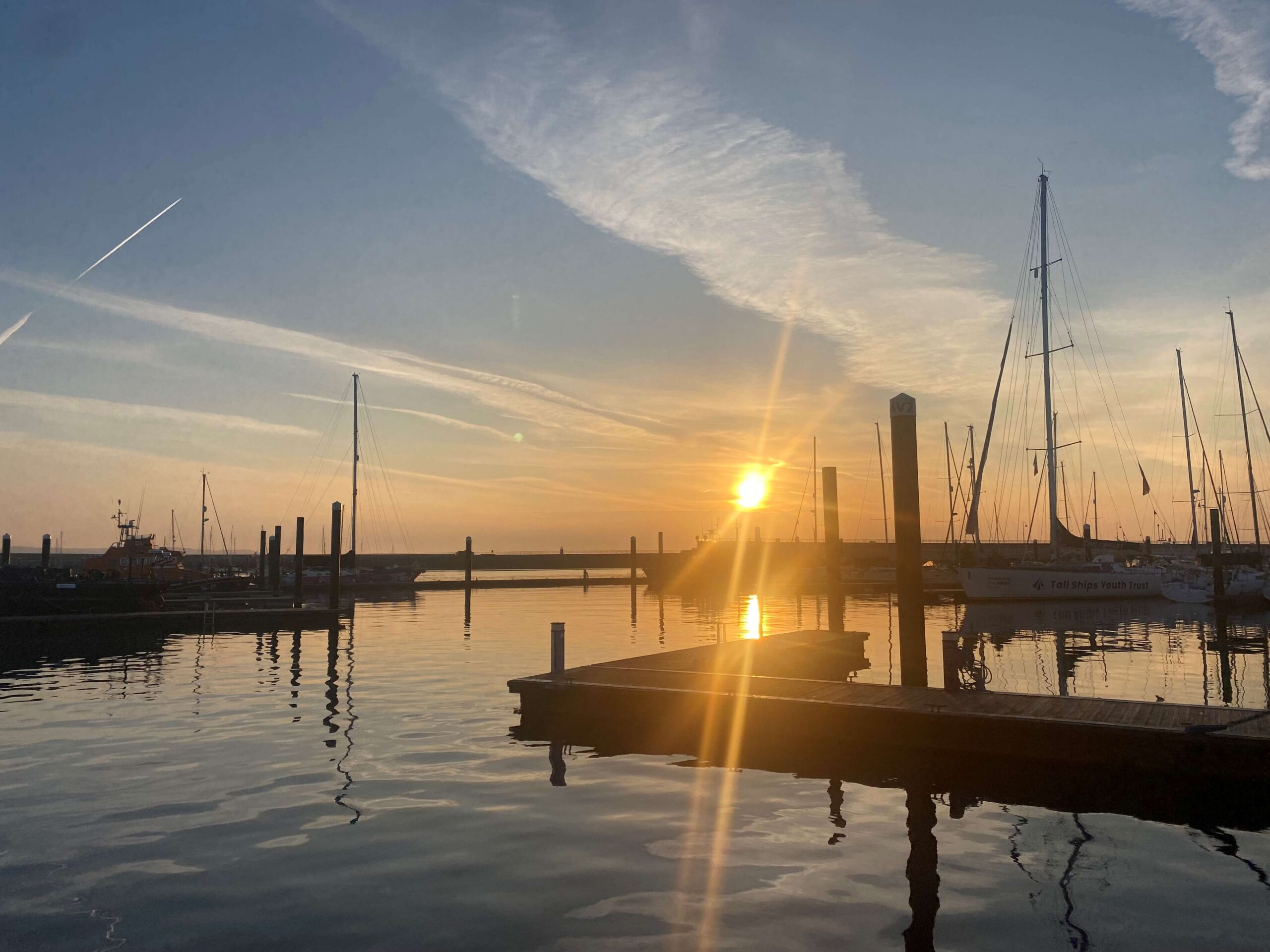Following the resounding success of the earlier phases of the Green Ocean project in Dún Laoghaire, we are proud to announce the launch of our most ambitious initiative to date. Phase 3 will see the introduction of 18,000 native oysters housed in 300 floating marine baskets, installed along the inside of the breakwater wall by Dún Laoghaire Marina Pier.
These oysters are more than just shellfish – they are ecosystem engineers. Capable of filtering algae and nutrients from the water, they will collectively purify an estimated 1.4 billion litres of seawater annually. In doing so, they will enhance water quality and foster an environment that supports greater marine biodiversity.
For those unfamiliar with the site, the installation will take place along a public pier known locally as Dún Laoghaire Marine Pier. The area is easily accessible via the passage between the Dún Laoghaire Marina office and the former ferry terminal.
As in previous phases, we are using European flat oysters (Ostrea edulis), affectionately referred to as Native Irish Oysters. These oysters are indigenous to Ireland and much of Northern Europe. Sourced responsibly from Tralee Bay, the transfer to Dublin is under the expert oversight of the Marine Institute to ensure biosecurity and sustainability.
This phase introduces a new system of floating baskets – distinct from the earlier submerged baskets used in previous deployments, which were suspended around 500mm below the surface. The floating baskets are interconnected and designed to be flipped periodically, allowing seabirds to feed on invasive organisms like sea squirts (including the charmingly named Didemnum vexillum, or “sea vomit”) that might otherwise clog the system. Cleaner baskets ensure optimal water flow, enabling the oysters to feed and thrive.
Originating from New Zealand, this innovative method reduces the need for manual handling and heavy lifting. It offers a scalable, low-impact approach that will enable us to grow the project with greater efficiency and less labour intensity. Basket installation is scheduled for September 2025.
In parallel, we are collaborating with the DCU Water Institute, under the guidance of Dr Fiona Regan. Baseline monitoring of water quality and biodiversity will commence in June/July 2025 and continue over the coming years. Dr Regan’s team will monitor key indicators such as salinity, dissolved oxygen, pH, turbidity, nutrient levels, and the presence of heavy metals and other contaminants. They will also track harmful algal blooms, bacterial counts (e.g. E. coli), and benthic biodiversity.
This scientific component is vital to measuring the ecological impact of our work and will provide the data needed to forecast the long-term benefits of oyster restoration in Dublin Bay. We are deeply grateful to Enterprise Ireland for supporting this critical research effort.
The oysters will be transported from Kerry and placed into their new habitat in October 2025. Over the following eight months, they will acclimate and grow in preparation for spawning in July/August 2026. As European flat oyster larvae (spat) prefer to settle on existing oysters or broken shell, we will prepare the seabed by laying a layer of shell substrate, known as cultch, beneath the floating baskets. This step is essential for encouraging the development of a biogenic reef – the first of its kind in Dublin Bay in nearly two centuries.
We are incredibly proud to be part of this transformative project. Through the Green Ocean Foundation, we have partnered with a number of generous supporters, including Goodbody Stockbrokers, Jenkinson Logistics, Farmhand Agricultural Equipment Distributors, Matheson LLP, Community Finance Ireland, and Watermark Coffee.
Green Ocean Foundation CLG is the not-for-profit organisation managing this initiative. If your business would like to get involved, we would be delighted to hear from you. Alternatively, you can support our work directly by purchasing Green Ocean Coffee – each kilogram sold contributes €1 towards our ongoing marine restoration efforts.
Together, we are working to restore a vital piece of Ireland’s natural heritage and ensure a cleaner, more biodiverse future for Dublin Bay.


